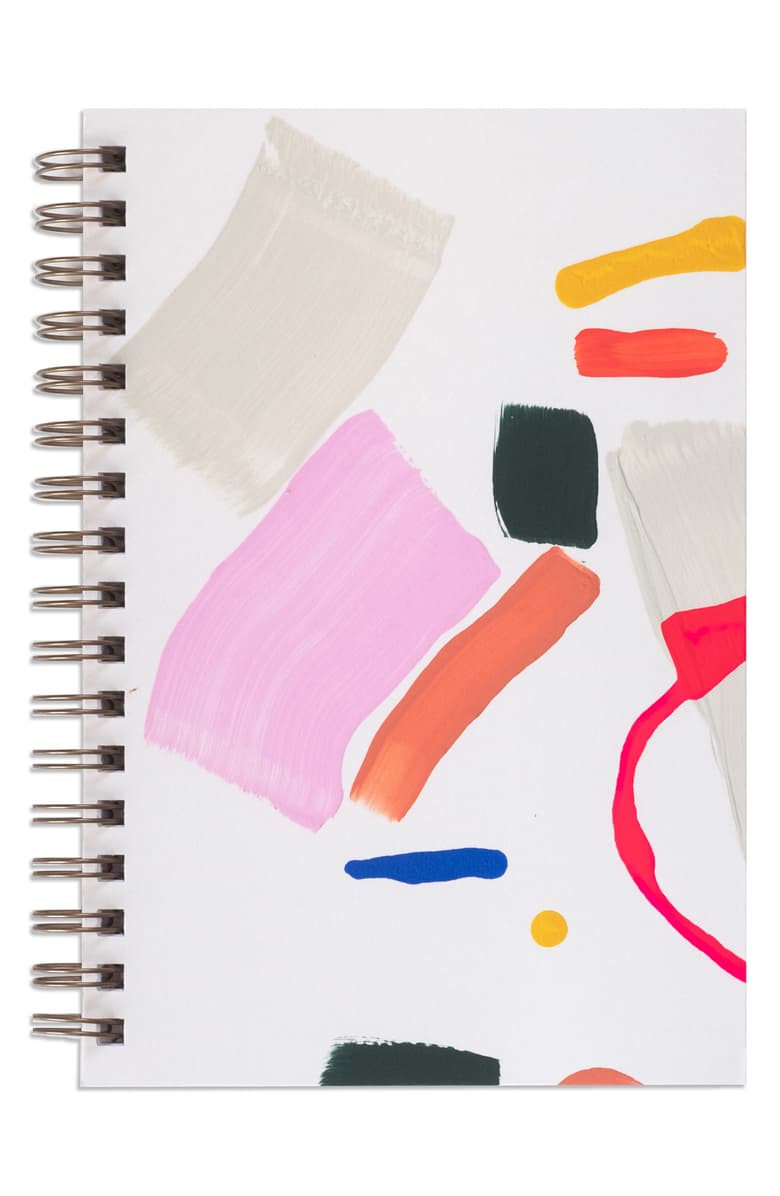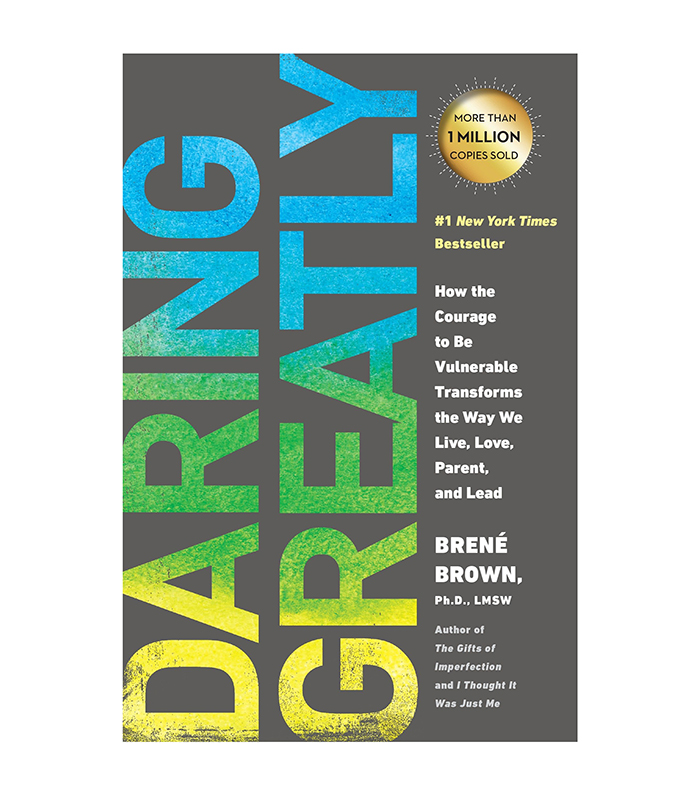9 Things That Will Help You Deal With Loneliness

We all get lonely sometimes. That could be the lyric of a song, but it's also 100% the truth. At one point in your life (or maybe a few times), you may feel alone, sad, and isolated. Most of the time, it's a normal feeling.
"Feeling lonely is a normal part of the human experience," explains Amy Cirbus, Ph.D., LMHC, LPC, manager of clinical quality at Talkspace. "It's part of our entire emotional spectrum. Feeling lonely for long periods of time, however, chronic loneliness, is something that can lead to depression and other mental health challenges, and it may be important to reach out for professional support."
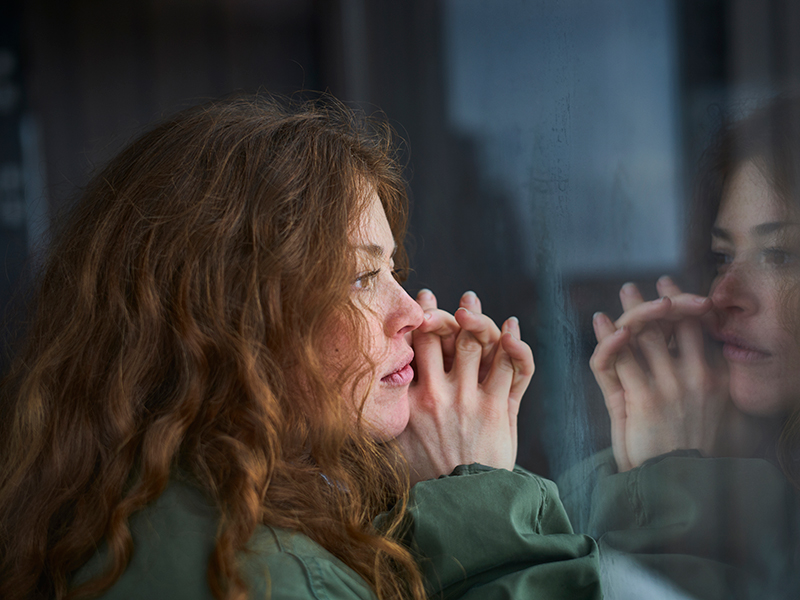
While experiencing feelings of loneliness is just another part of being human, there are ways that you can deal with those thoughts. And if these feelings don't seem to go away, or you or someone you know is experiencing depression or other mental health issues, it's important to find help through a professional or the Substance Abuse and Mental Health Services Administration at 1-800-662-HELP (4357).
But if the thoughts you are having aren't prolonged or aren't leading to other mental health concerns, there are some ways you can cope. Experts shared with us some steps you can take.
Recognize the Feelings and Signs
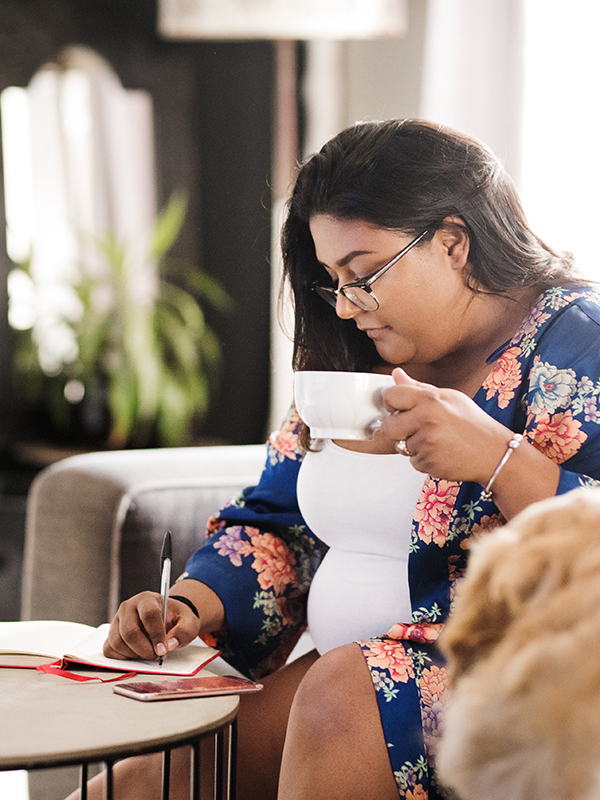
"Feeling lonely is a sense of sadness and isolation, feeling disconnected from friends, peers, family, and your community," Cirbus says. "It's not about being alone or with company but rather the degree to which you feel connected within yourself and with others, regardless of whether they're near or far."
Madeleine DiLeonardo, MEd, LPC, NCC, a licensed professional counselor and founder of Mind Body and Soul by DiLeonardo Wellness, says some common signs of feelings include "longing for more connection; feeling bored or unmotivated; or trying to fill a void with external things such as shopping, binge-watching shows, overeating, constantly checking social media as a means of trying to connect or feel validated, or dating people that you are aware are not healthy for you."
Think About the Different Types of Lonliness
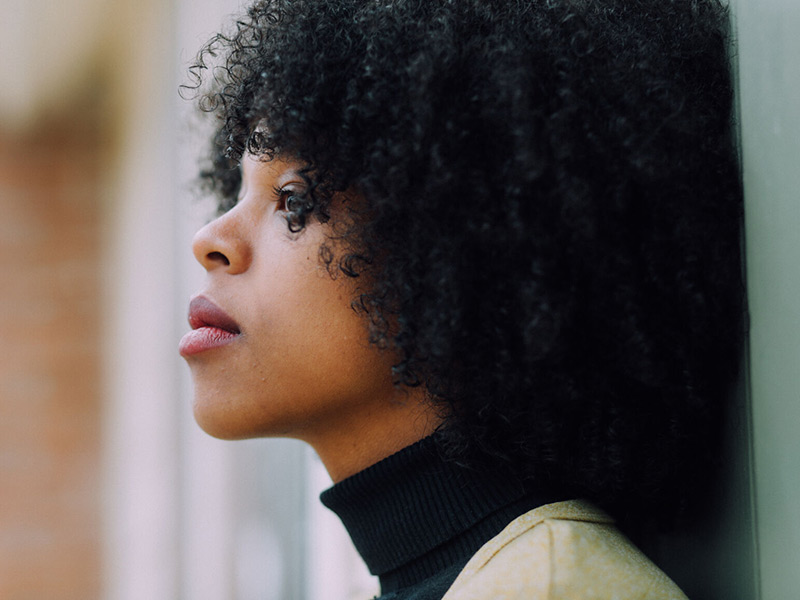
It might also be helpful to figure out what kind of loneliness you are experiencing and, as stated above, realize that you don't have to be all by yourself to feel lonely. You can be in a room full of people you know and still have these thoughts. "Different types of loneliness include missing the presence of someone in particular, feeling misunderstood or not accepted, being in a new situation, or not having enough time or energy to connect on a deeper level with yourself or others," DiLeonardo explains.
Understand the Triggers
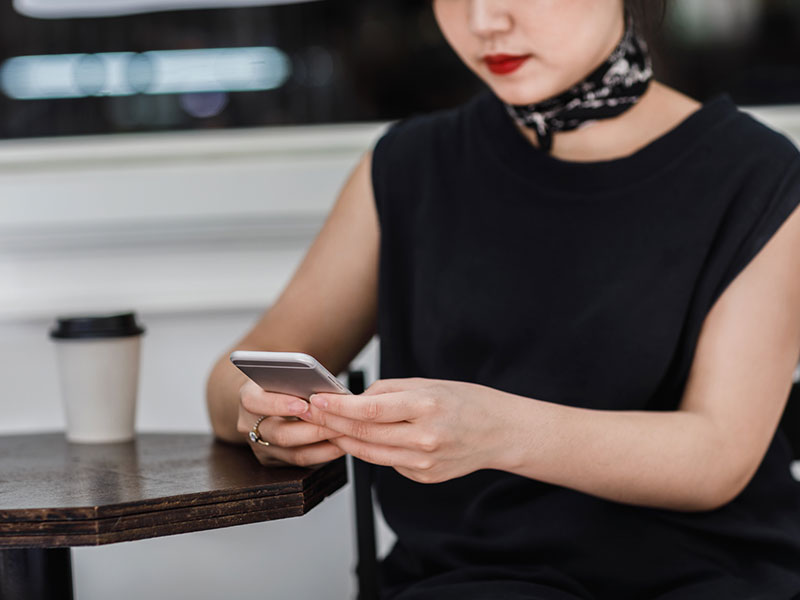
You'll also want to think about what is contributing to these feelings or thoughts. Sure, it can be because you are having trouble with connection or relationships in your life, but it can also stem from a lack of self-esteem and confidence, according to Cirbus.
And interestingly enough, technology and social media have made it easier to stay in contact with friends and meet new people, but it can also make you feel so, so alone. "It's common today to feel lonely in a world filled with posts and carefully cultivated images," Cirbus explains. "For people who are already suffering from feelings of inadequacy and low self-esteem, social media can trigger a deep sense of loneliness and disconnect."
If social media is getting you down, DiLeonardo says it's important to avoid comparison, which can sometimes be easier said than done. Maybe a social media break would come in handy to avoid the temptation of scrolling through your phone and feeling bad about yourself.
Reframe Your Thoughts
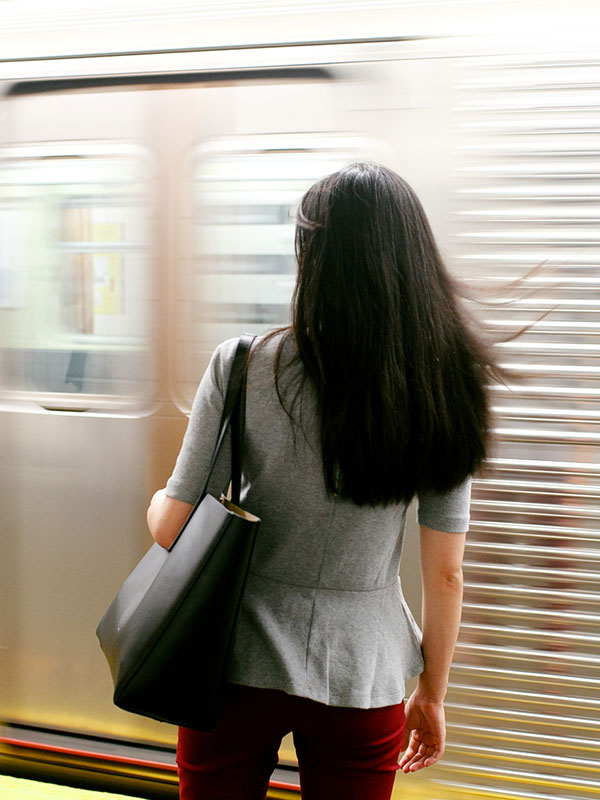
This might mean changing the narrative you're telling yourself. "First, notice what you’re telling yourself," Cirbus recommends. "It's easy to create narratives that aren't true but are based on our own fears or assumptions. Focus on what is real. Loneliness is a feeling, not a fact. Let go of thoughts that aren't based in fact or that diminish you. Focus instead on specific things that are true and things you can feel good about."
Get to Know Yourself Better
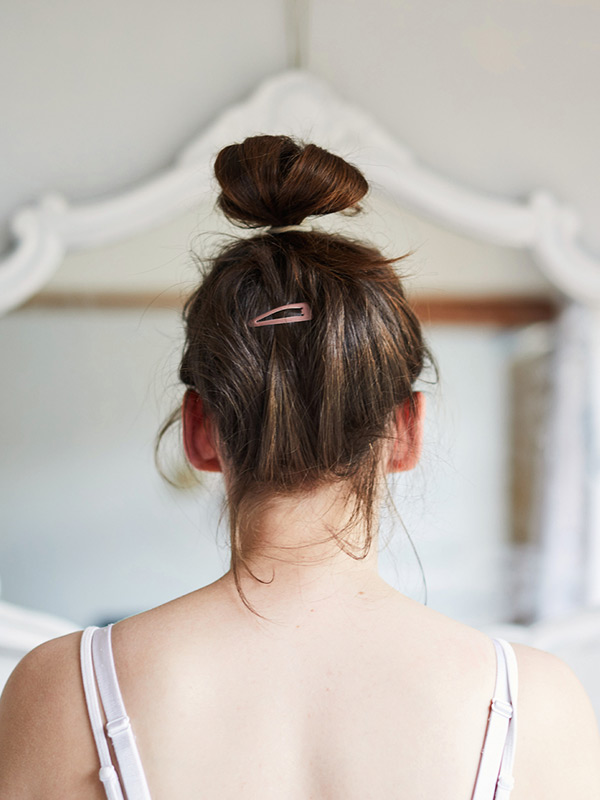
This can help if you find yourself uncomfortable when you're alone or if you are having some self-esteem problems. "Try to remember that your greatest relationship is with yourself, and getting comfortable with this is key," DiLeonardo explains. "Accept feelings of loneliness as they come, and know that this does not need to be a permanent feeling. Get to know yourself. Learn what you like to do alone. Take yourself out on a date to get coffee or to the movies."
Create an Action Plan
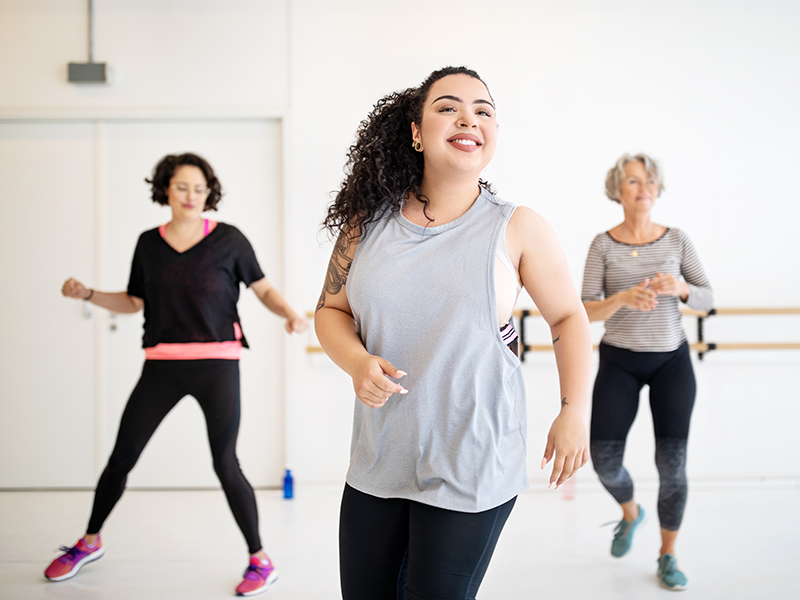
After acknowledging your feelings and what is contributing to it, you can create an action plan. "Engage in an activity that you truly enjoy," Cirbus suggests. "It helps to ground you and create connections within yourself. Reach out and initiate contact with a friend or friends, someone who truly sees you and values you. Or recharge by getting outside and simply being with people. The energy of those around you in an exercise class, local coffee shop, dog park, or farmers market can help you feel connected to your community."
Focus on Your Relationships
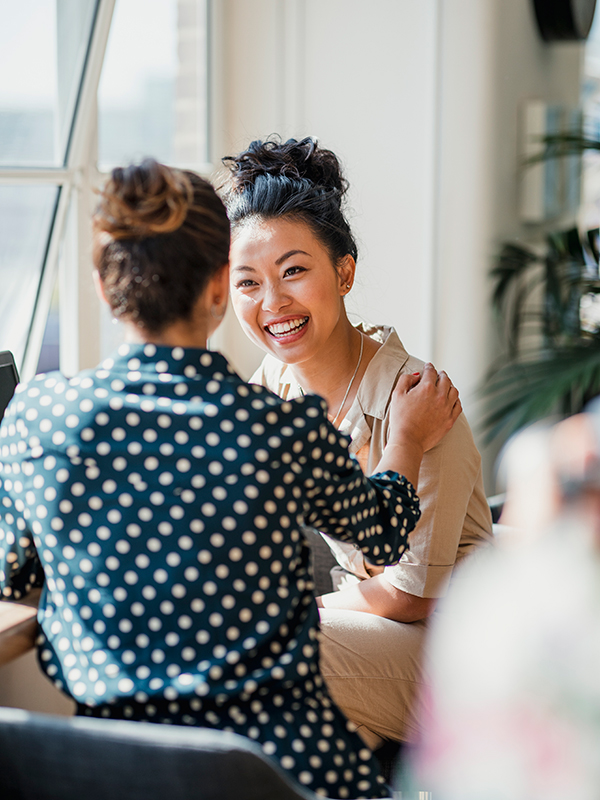
If you are feeling disconnected from your family and friends, take a closer look at them and see what might be causing these thoughts. "Try calling a friend you haven't spoken to in a while or connecting on a deeper level with the people that are currently in your life," DiLeonardo says. "Brené Brown reminds us that vulnerability is the quickest way to human connection, so sharing how you are feeling and being authentic can really help."
Practice Small Talk
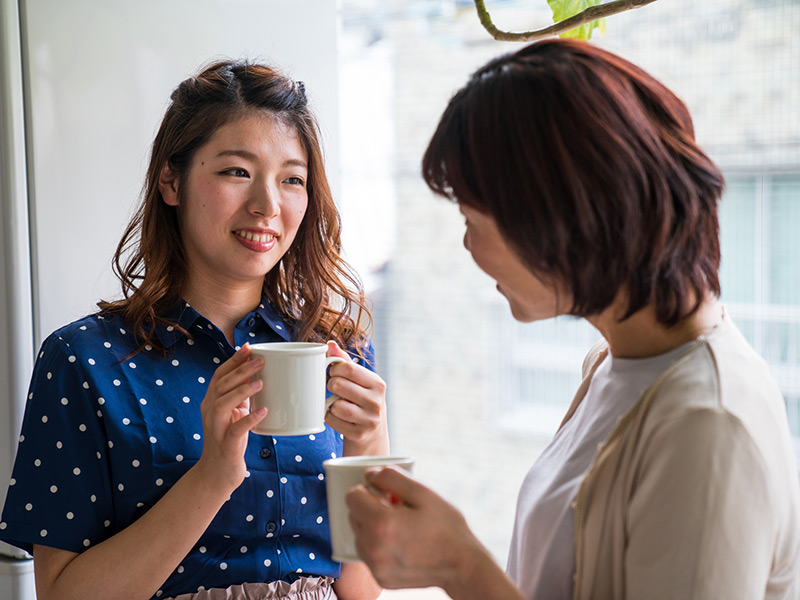
"Practicing small talk is another thing that helps. The human connection we can feel when striking up conversation with the barista or helping someone we see out in public should not be overlooked," DiLeonardo adds.
Get Out of Your Comfort Zone
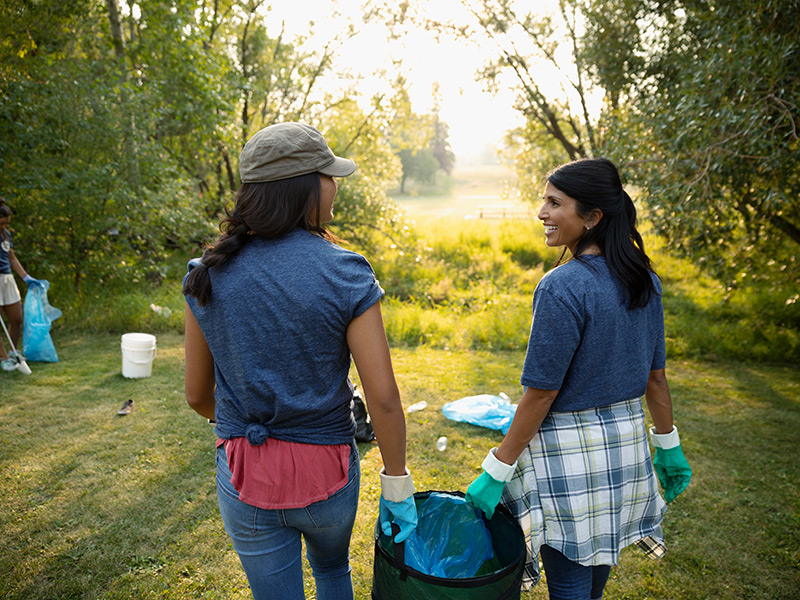
This might seem daunting when you're already having vulnerable feelings, but it can help give you a new perspective or expose you to new and fulfilling moments. Try a new hobby, make conversation, or join a new group. "Initially this can be anxiety-provoking, but we have to start somewhere and try to challenge ourselves in a way that may feel scary in the short term but ultimately help us feel better in the long run," DiLeonardo explains. "Things like volunteering, joining a group of like-minded people either online or in your community, and having new experiences are also great things to do."
How to Enjoy Alone Time

Sometimes you might feel lonely because you don't enjoy alone time or have trouble being by yourself. But having "me" time is as important as spending time with others.
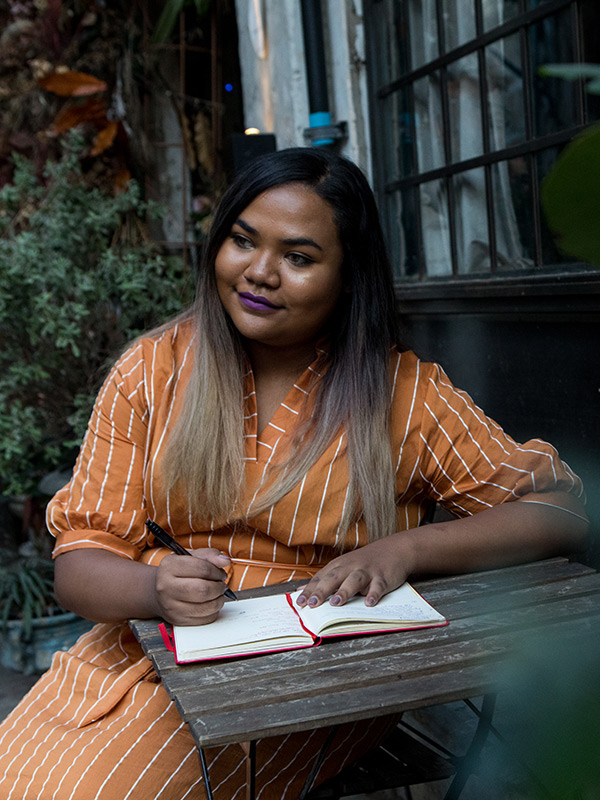
It might take a shift in thought or some time to feel comfortable being alone with yourself, but it's rewarding when done correctly, DiLeonardo explains. "Being alone allows for space to think and process feelings, which is also a good thing," she says. "It may feel strange at first, but being intentional with your alone time is a healthy thing to do. Start by acknowledging any awkward or uncomfortable feelings when alone, feel and address these feelings, and then try to settle in to an activity or just accept being at peace with downtime for yourself."
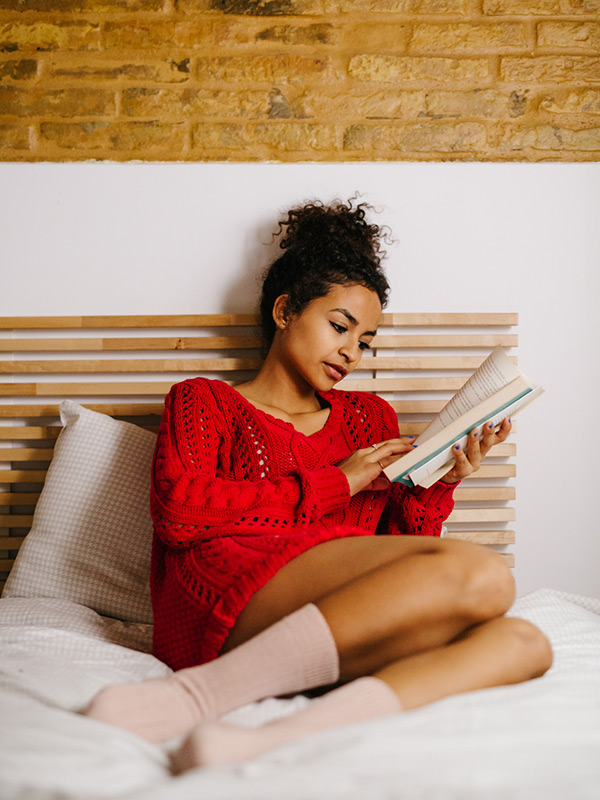
To incorporate alone time into your life, Cirbus recommends setting aside regular opportunities for it. "Start small, in your own space, and do something you like," she says. "Pick a TV show, book, or new recipe. Put on some music and rearrange a closet. Instill fun in your alone time. Get to know yourself. Experiment with different activities. Then venture out by yourself. Go for a walk. Get coffee. Focus on the joys of not having to compromise or share your energy. It's all about you! Over time and with intentional practice, it does get easier."
And remember to take it easy on yourself and realize there's no exact way to do it.
Next up: Taking 15 Mins for Myself Every Day Made Me a Kinder Mom, Wife, and Friend
This article is provided for informational purposes only and is not intended to be used in the place of advice of your physician or other medical professionals. You should always consult with your doctor or healthcare provider first with any health-related questions.
Sarah is lifestyle writer and editor with over 10 years of experience covering health and wellness, interior design, food, beauty, and tech. Born and raised in Los Angeles, she attended New York University and lived in New York for 12 years before returning to L.A. in 2019. In addition to her work atBest Knockoff Luxury Clothing , she held editor roles at Apartment Therapy, Real Simple, House Beautiful, Elle Decor, and The Bump (sister site of The Knot). She has a passion for health and wellness, but she especially loves writing about mental health. Her self-care routine consists of five things: a good workout, “me” time on the regular, an intriguing book/podcast/playlist to unwind after a long day, naps, and decorating her home.
